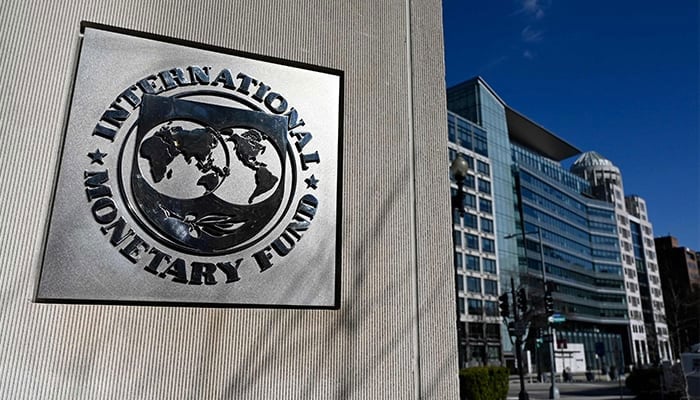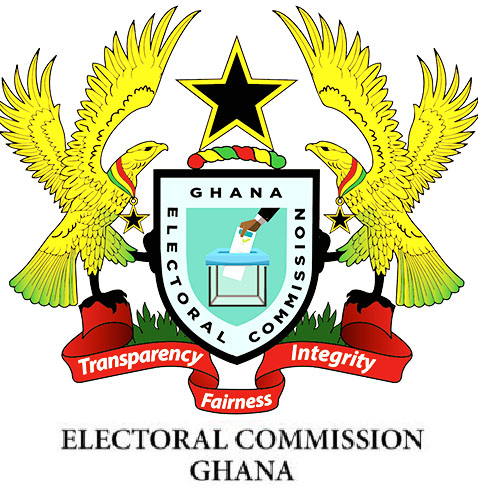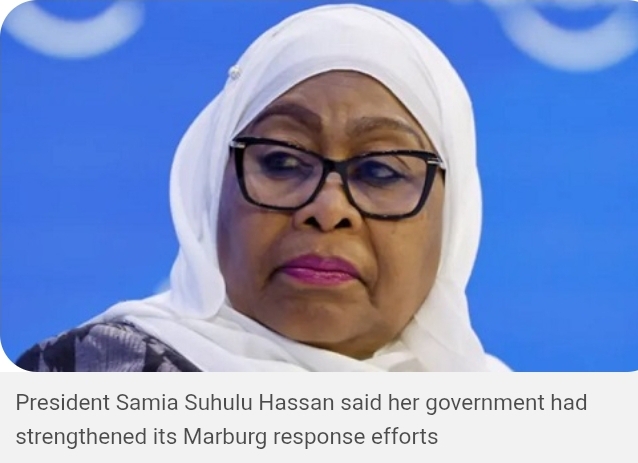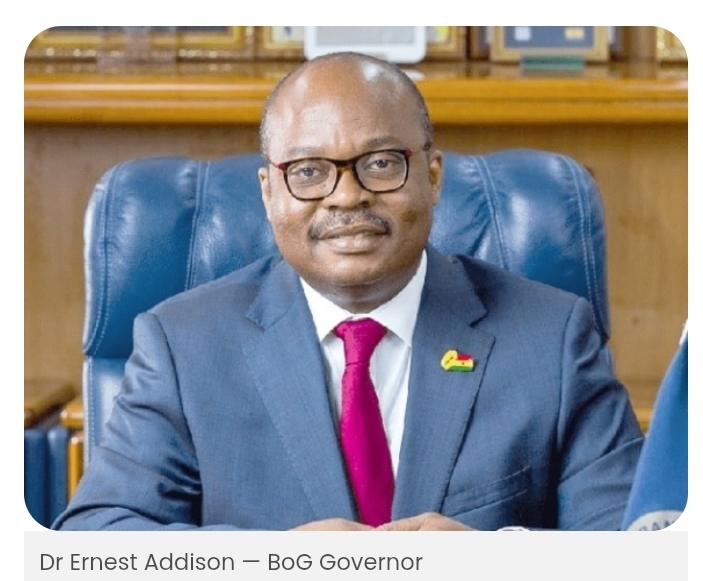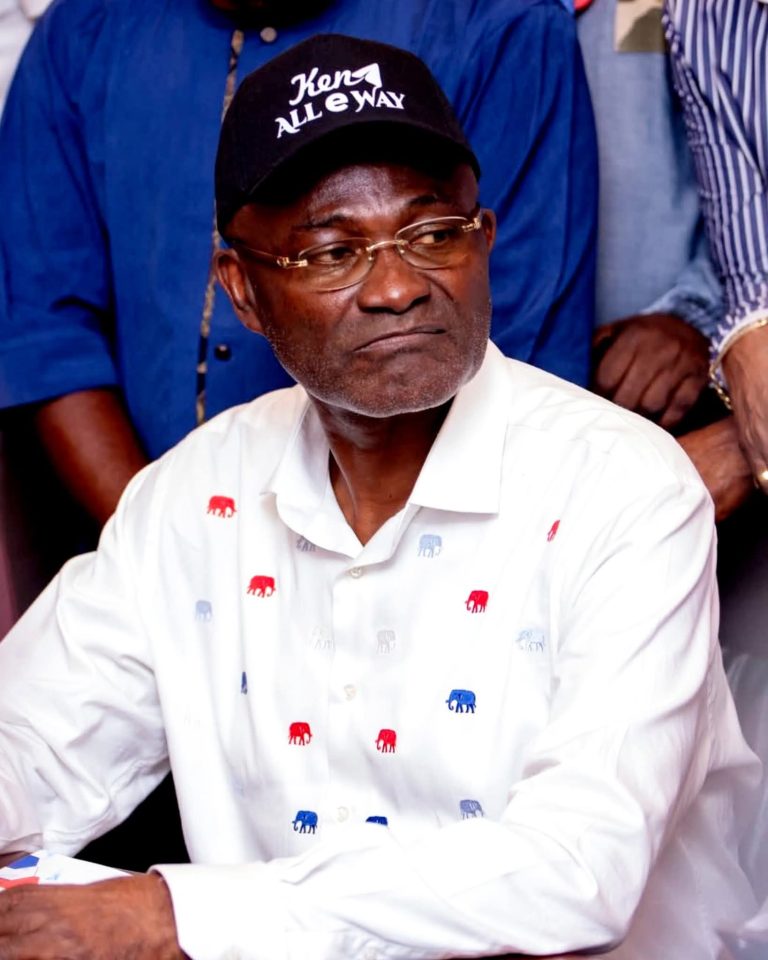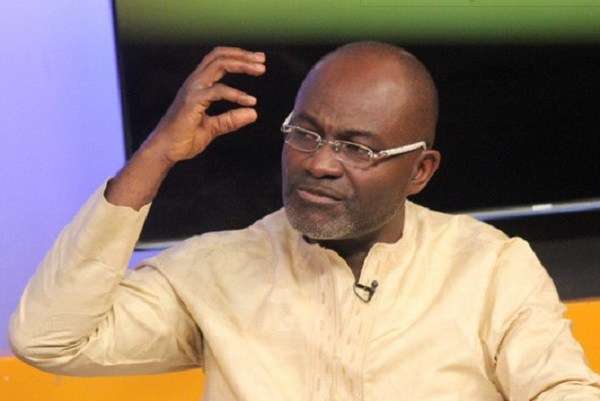The International Monetary Fund (IMF) has revised Ghana’s economic growth forecast for 2025 upwards to 4.4%, signaling renewed optimism in the country’s recovery efforts. In its latest economic outlook released on Tuesday, the Fund also projected a significant drop in inflation to 8%, suggesting that the country is gradually stabilizing after years of economic turbulence.
The upward revision comes after Ghana implemented a series of fiscal reforms under the three-year Extended Credit Facility (ECF) program supported by the IMF. The reforms include aggressive efforts to reduce the fiscal deficit, manage public debt, strengthen revenue mobilization, and restore macroeconomic stability.
According to the IMF, the revised 4.4% growth rate reflects stronger-than-expected recovery in agriculture and services, increased investor confidence, and early signs of industrial revival. The Fund also pointed to the government’s 24-hour economy policy, agricultural modernization programs, and improved power supply as contributing factors to the positive growth trajectory.
“Ghana’s economy has shown remarkable resilience and commitment to reform under difficult conditions,” said IMF Deputy Managing Director Bo Li in a statement. “The revised forecast takes into account improved fiscal discipline, stronger monetary policy coordination, and a favorable external environment.”
On inflation, the IMF projected that the consumer price index would fall to 8% by the end of 2025, down significantly from the highs of over 50% recorded in early 2023 and the 13.7% recorded in June 2025. This anticipated decline is attributed to tight monetary policy by the Bank of Ghana, stabilization of the Ghanaian cedi, and easing food and fuel prices.
The Fund’s inflation projection also aligns with the Bank of Ghana’s medium-term inflation target range of 6–10%, raising hopes that the central bank may begin to ease interest rates if disinflation continues as expected.
Ghana’s Finance Ministry has welcomed the IMF’s revised outlook, stating that it is a testament to the “government’s prudent management of the economy under President John Mahama.” The Ministry also reaffirmed its commitment to staying the course of economic discipline and sustaining the gains made under the IMF-supported program.
However, some analysts have cautioned that the improved projections should not lead to complacency. They warn that domestic revenue mobilization remains a key challenge, and global shocks—such as volatility in commodity prices or external financing constraints—could still derail progress if not managed effectively.
Civil society organizations have also urged the government to ensure that economic recovery efforts translate into tangible improvements in livelihoods, particularly in rural communities, where inflation and unemployment have hit the hardest.
Meanwhile, the business community has responded positively to the revised forecast, with some industry leaders expressing confidence that improved macroeconomic stability will attract fresh investments, boost production, and expand exports.
“We see signs of a turnaround. Our members are more optimistic now than they were a year ago,” said the CEO of the Ghana National Chamber of Commerce and Industry.
The IMF will continue to assess Ghana’s performance during subsequent program reviews. As part of the ongoing ECF arrangement, Ghana is expected to receive additional disbursements to support its balance of payments and budget execution, provided that performance benchmarks are met.
For now, the revised outlook serves as a vote of confidence in Ghana’s economic recovery path—though the road ahead will require sustained reform, transparency, and inclusive growth strategies to make the projections a reality.

